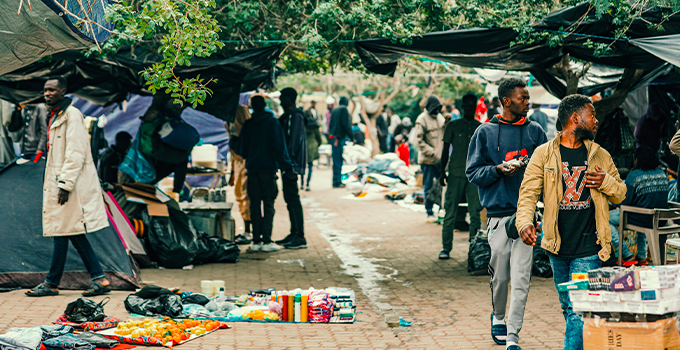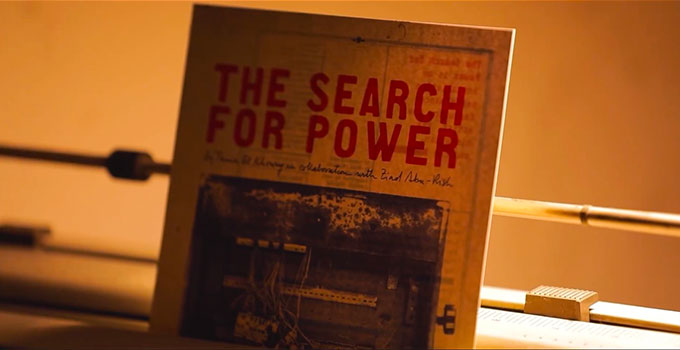PRESS RELEASE
2 July 2013
The trials this week of four Tunisians in different court cases for expressing opinions critical of public institutions or ideas deemed against “public morals” are a sign of the increasing attacks on freedom of expression in the country, Amnesty International said.
“The Tunisian authorities are showing increasing intolerance towards those who criticize public officials and institutions, as well as anyone who expresses opinions deemed ‘indecent’ or undermining to public morals,” said Hassiba Hadj Sahraoui, Middle East and North Africa Deputy Director at Amnesty International.
“Freedom of expression is attacked from many fronts in Tunisia and more and more topics have become off limit and risk sending Tunisians to jail.”
Today, an appeal court upheld the conviction of rapper Alaa Eddine Yaakoubi while it reduced his two-year term in jail to a six months suspended sentence. Also known as Weld El 15, he was convicted for insulting the police, defaming public officials, “indecency” and undermining public morals for a video clip of his song, “Cops are dogs”. Amnesty International believes that no one should be sent to jail on these charges.
No one should be prosecuted for defamation of public officials or institutions. Imprisonment for expression deemed ‘indecent’ or ‘harmful to public morals’ – regardless of whether some find such expression offensive – is an inherently disproproportionate and impermissible restriction on freedom of expression.
Three separate cases will also be heard this week.
Blogger Hakim Ghanmi will appear before the Military tribunal in the city of Sfax on 3 July, charged with defaming a public official and undermining the reputation of the army after he publicly criticised staff of a military hospital over the treatment of patients. He faces up to three years in prison and a fine. The fact that he is tried by a military court violates his right to a fair trial. Civilians should never be tried by military courts and the charges against him should be dropped as they are contrary to Tunisia’s human rights obligations.
On the same day the Court of Cassation will examine the case of Ayoub Massoudi, a former adviser to Tunisian President Moncef Marzouki. Last January, he was sentenced by a military appeal court to a year suspended prison term. He was also stripped of certain civic rights, including serving in the army, being employed in the civil service, or being able to receive honours or distinctions from the state. He was tried in relation to his criticism of the extradition process of former Libyan Prime Minister Al-Baghdadi al-Mahmoudi from Tunisia to Libya in June 2012. He was also tried in a military court, in violation of his right to a fair trial. His conviction and sentence should be quashed.
On 4 July, Tunisian FEMEN activist Amina Sboui (also known as Amina Tyler) will appear in front of the Appeal Court in the city of Sousse. She was convicted on 30 May of possessing a self-defence spray and fined 300 Tunisian dinars (about US$184), a sentence which the prosecution appealed. She now risks up to six months in prison.
After her trial, she was remanded in custody on accusations of desecrating a cemetery, belonging to a criminal organization and undermining public morals, offences which carry punishments of several years’ imprisonment under the Tunisian Penal Code. These accusations appear to rely solely on the fact that she wrote the word “FEMEN” on a wall surrounding a cemetery in Kairouan on 19 May, the day when Ansar al Charia, a Salafist group, had called a rally for its supporters in the city.
Amina’s lawyers’ request for her release pending the completion of the investigation was rejected by the investigating judge.
“The Tunisian authorities must drop the charges against blogger Hakim Ghanmi, quash the sentence against Ayoub Massoudi and immediately release Amina Sboui. No one should be jailed for criticizing public officials or for expressing views contrary to social or religious stereotypes,” said Hadj Sahraoui.




iThere are no comments
Add yours